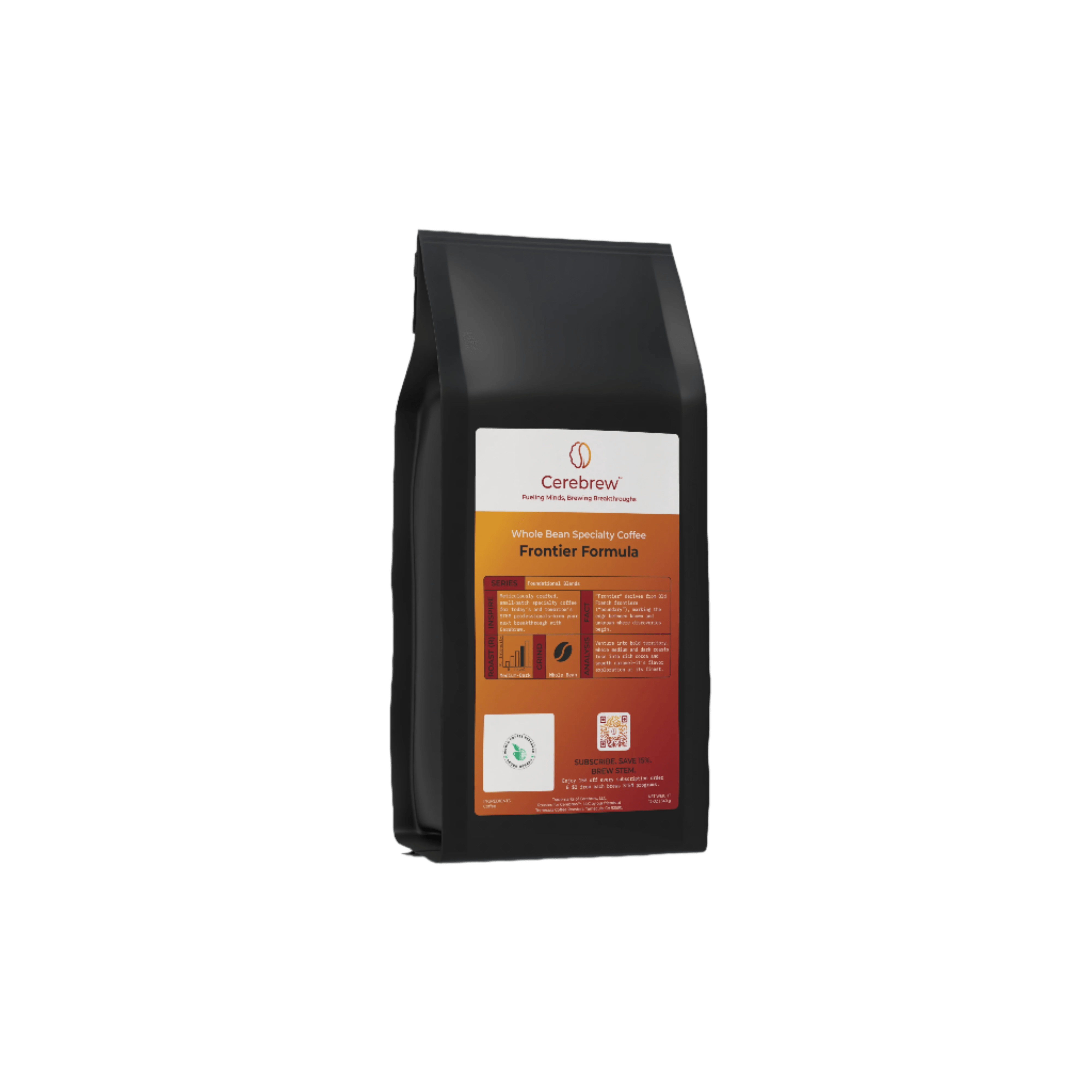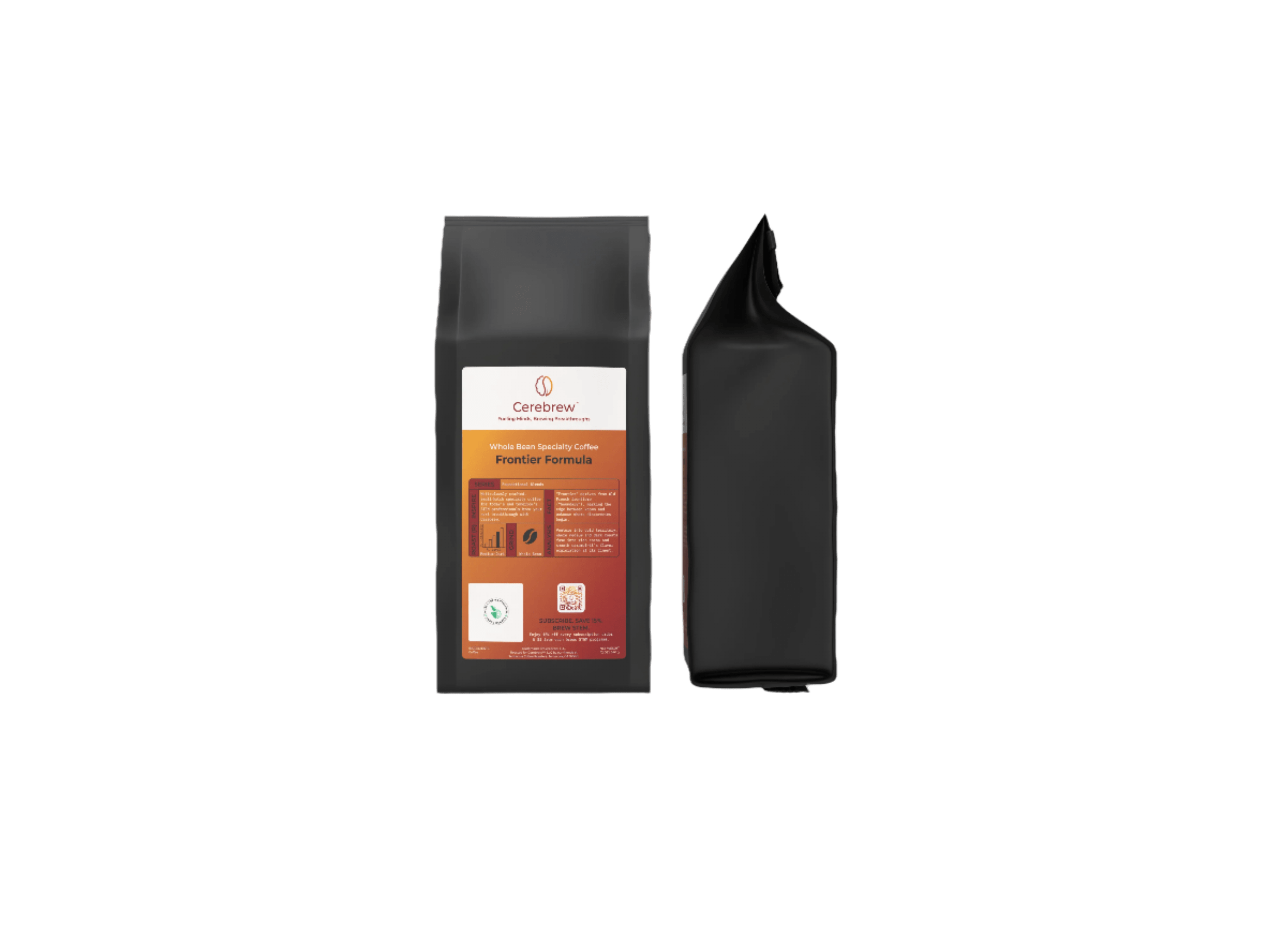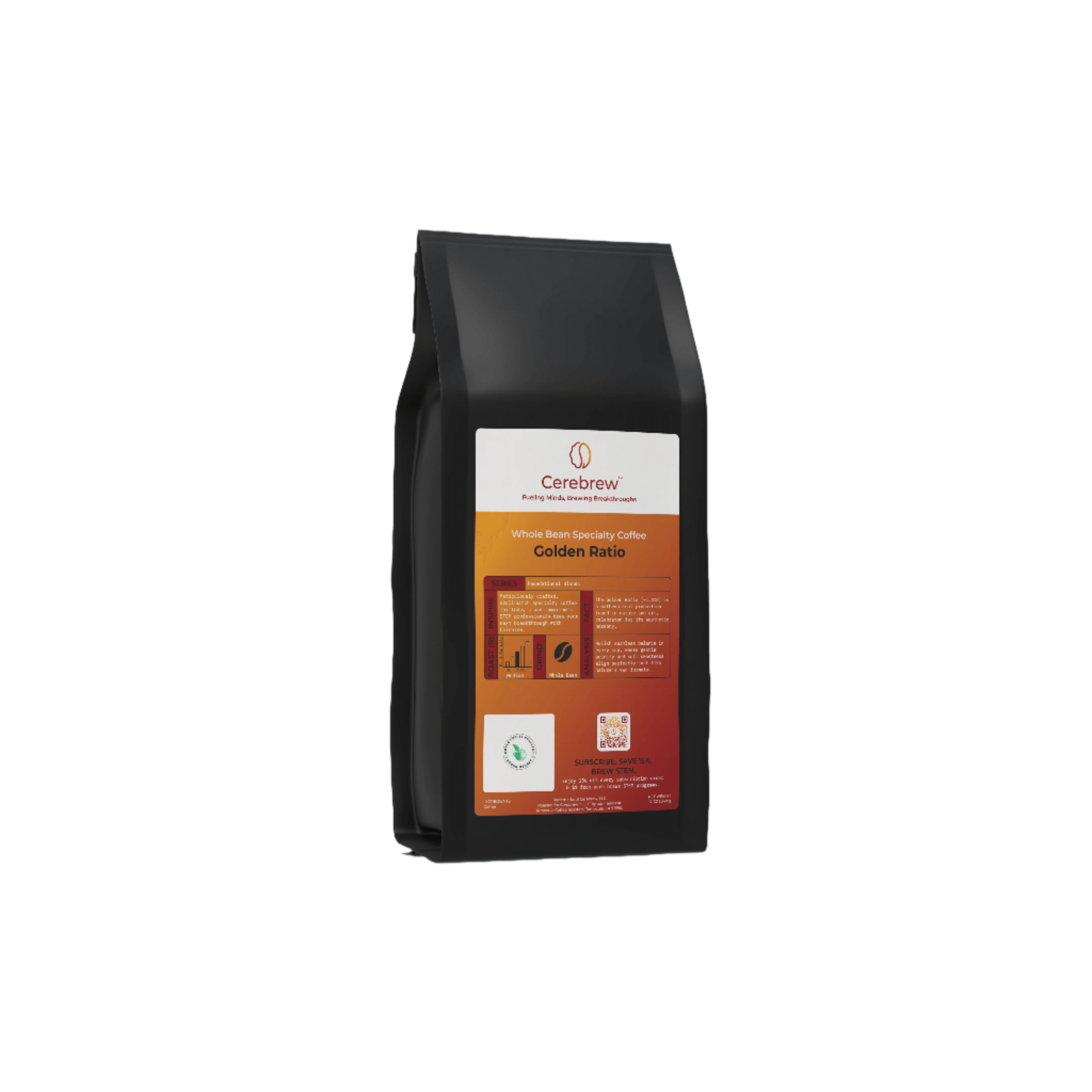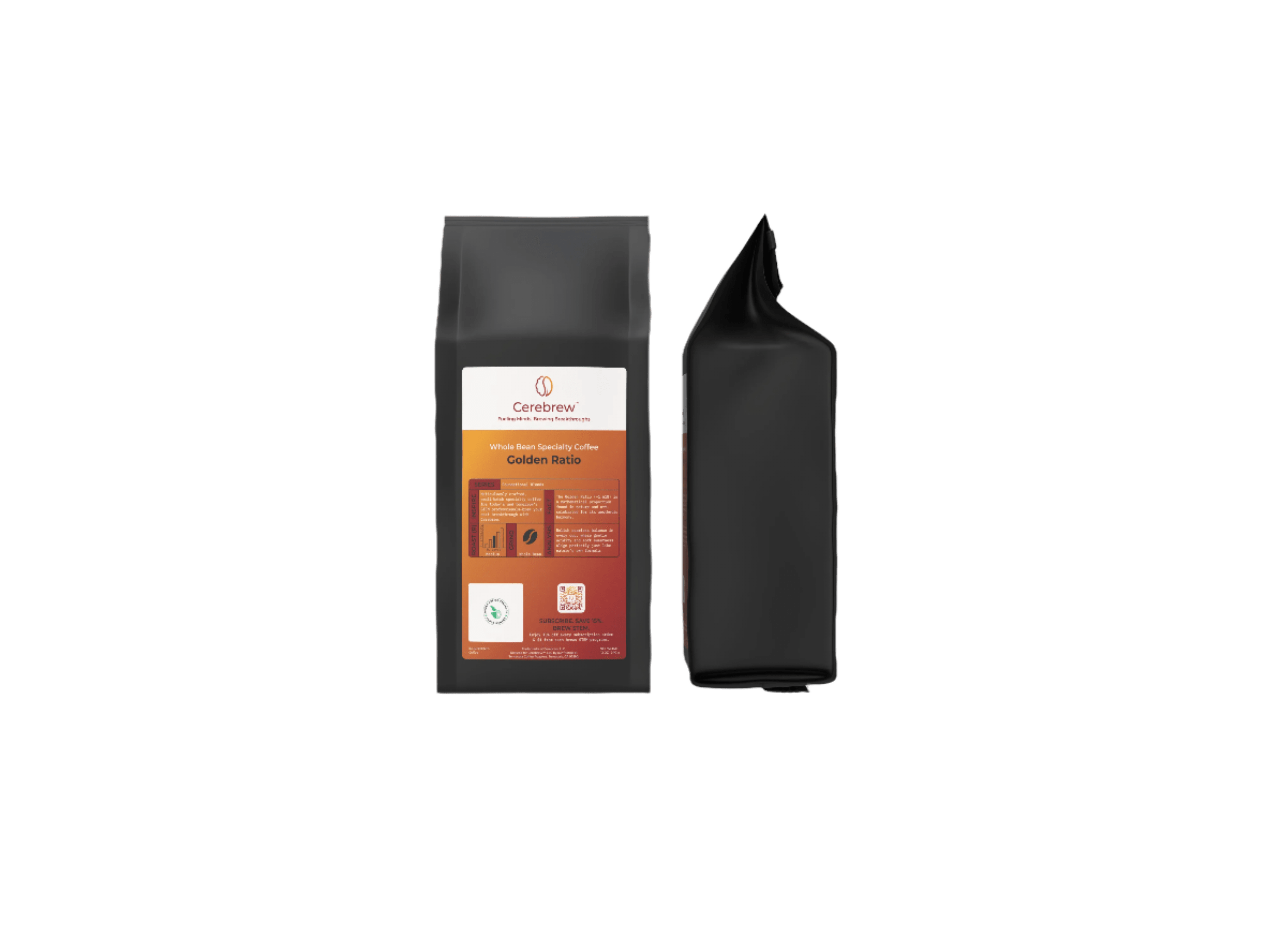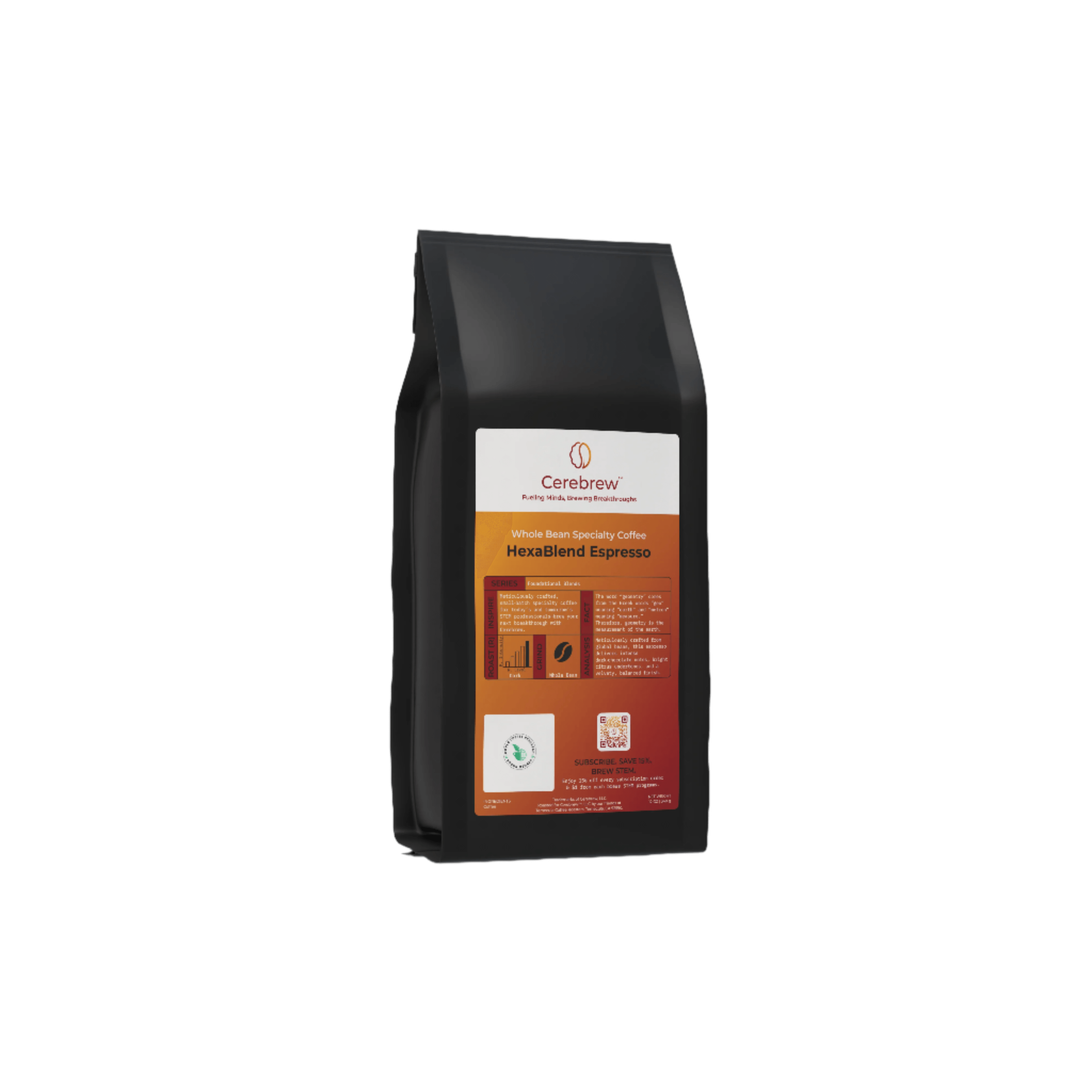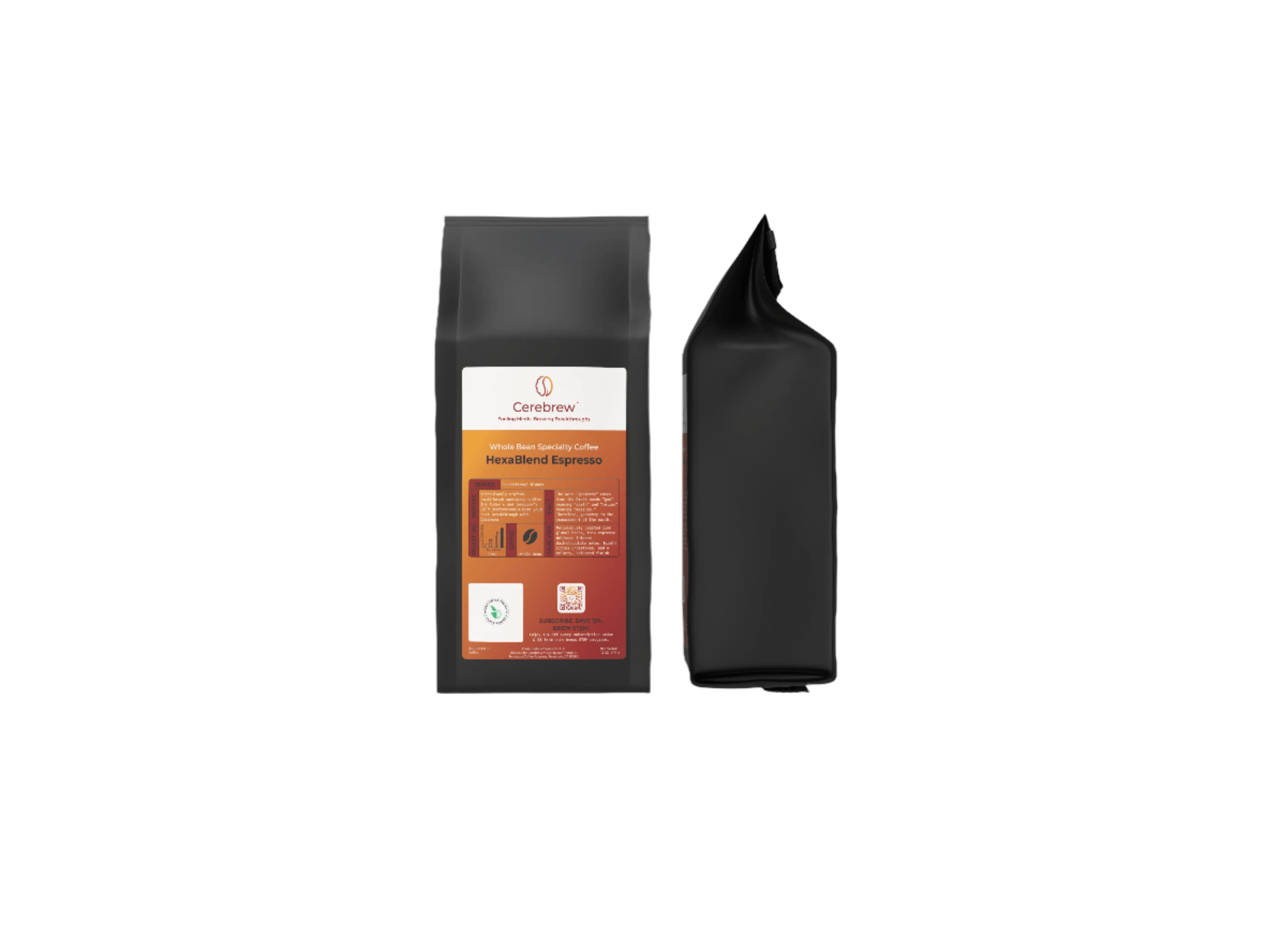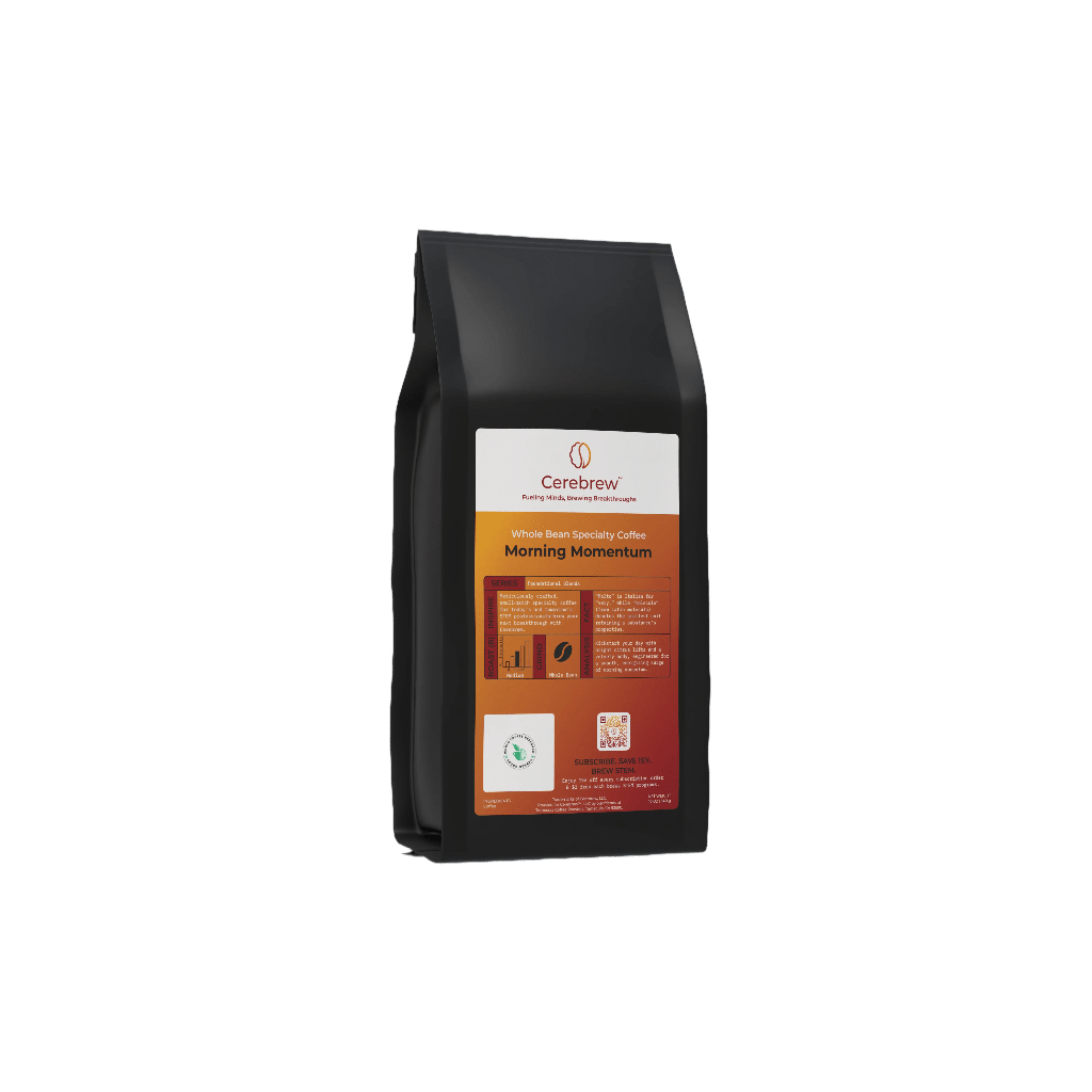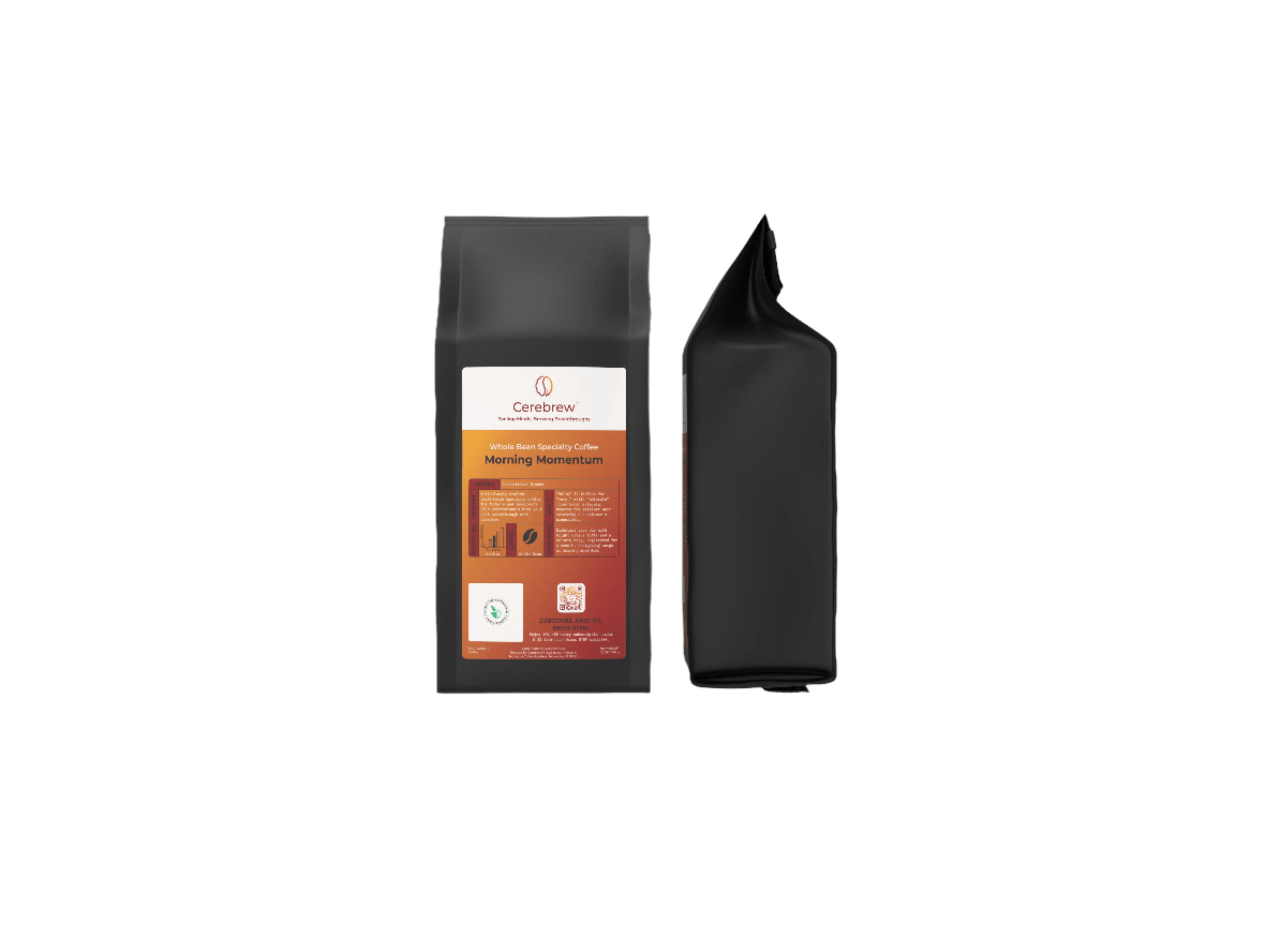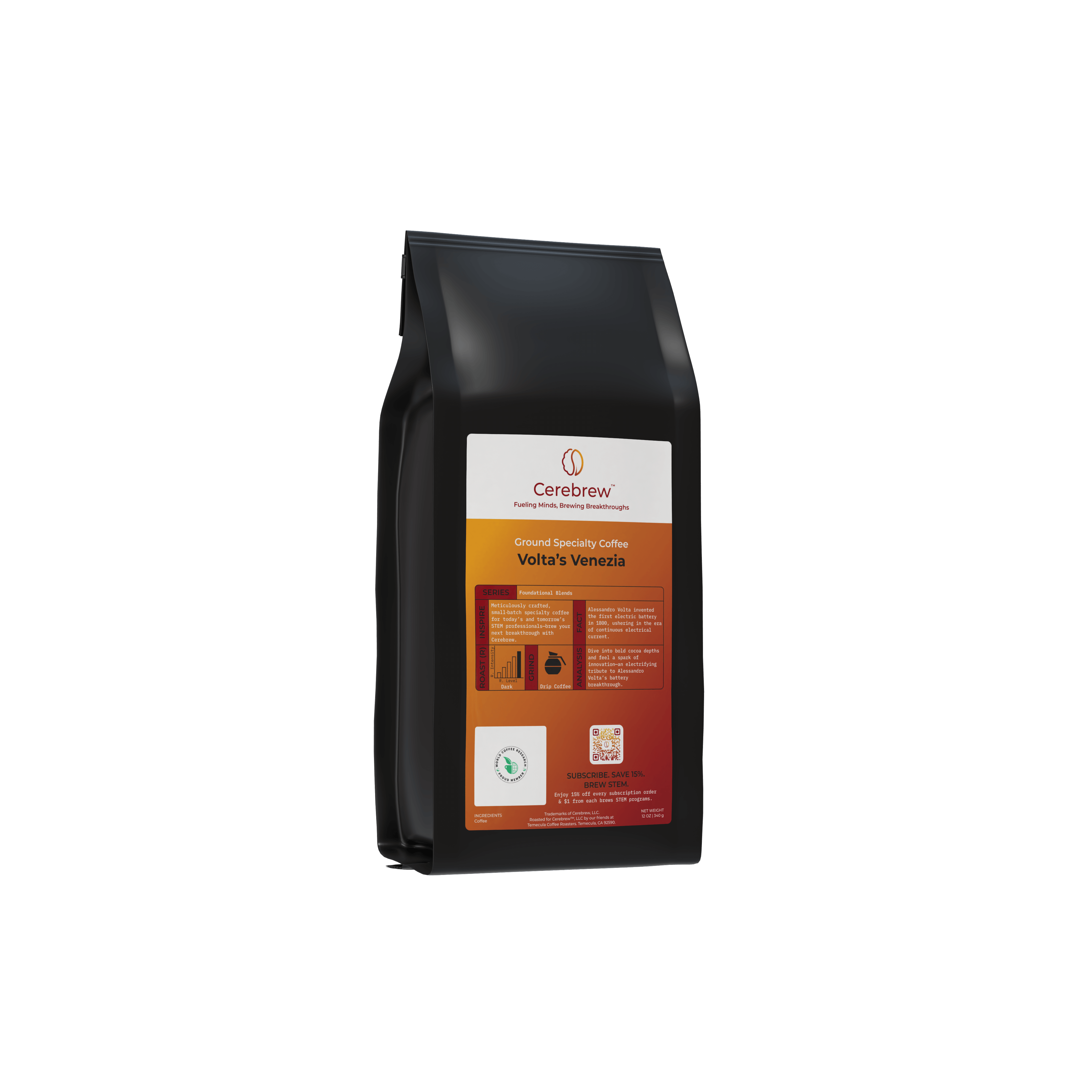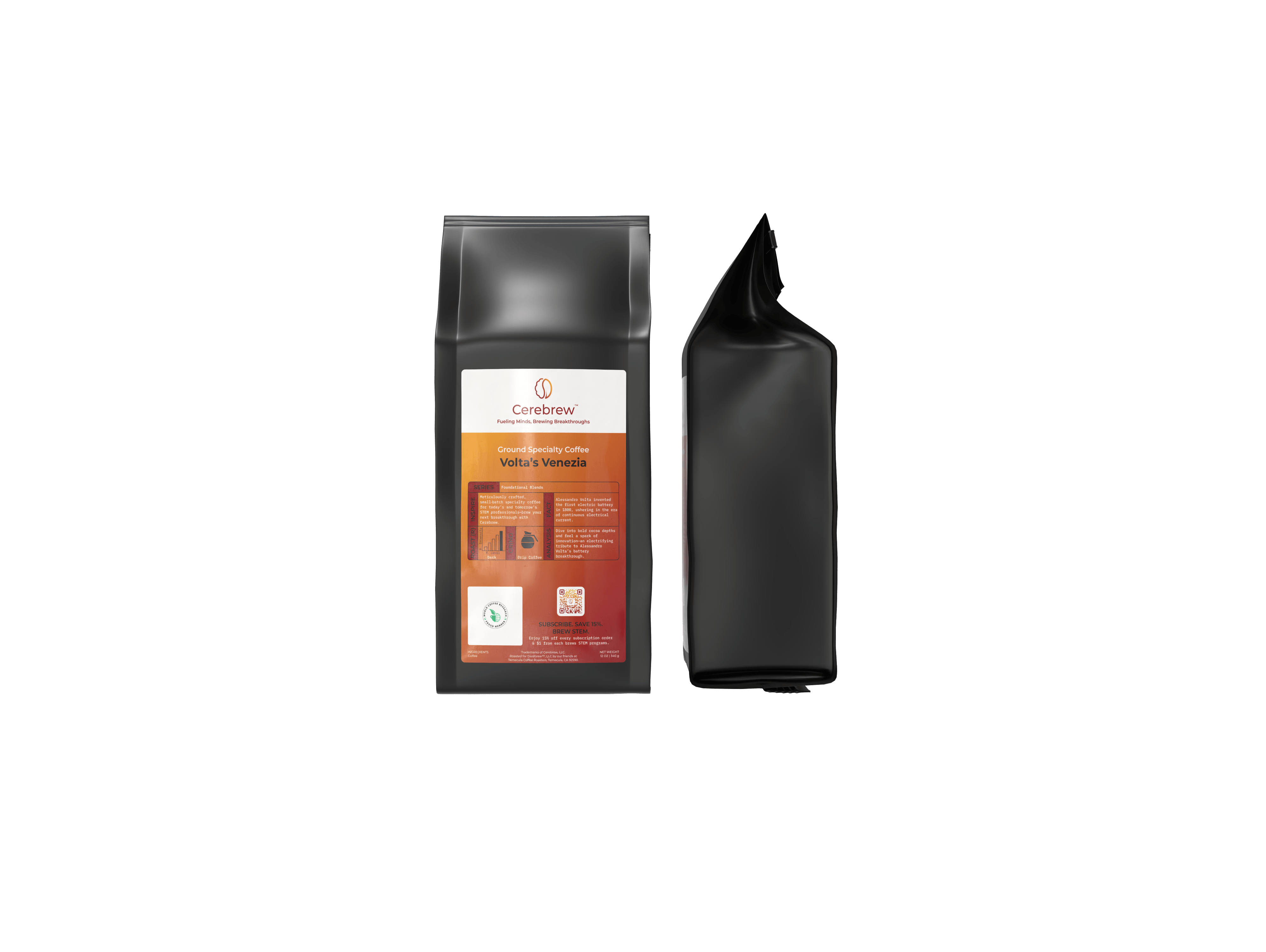Will Coffee Grounds Keep Mosquitoes Away
Mosquitoes are more than just a nuisance; they're also carriers of diseases that pose serious health risks. As people look for natural and cost-effective solutions to ward off these pesky insects, one question often arises: can coffee grounds keep mosquitoes away? In this article, we will explore this question and delve into the various uses of coffee grounds, including how they might fit into your DIY mosquito control strategy.
Before we explore the potential of coffee grounds as a mosquito deterrent, it's essential to understand what attracts mosquitoes. These insects are drawn to carbon dioxide, body heat, and certain body odors. They thrive in warm, humid environments and breed in standing water. Understanding these factors can help us develop effective strategies for keeping them at bay.
Coffee Grounds and Mosquitoes: Is There a Connection?
What Are Coffee Grounds?
Coffee grounds are the remnants left behind after brewing coffee. They are rich in nitrogen and have a coarse texture, making them useful in gardening and composting. But can they help with mosquito control?
The Theory Behind Coffee Grounds as a Mosquito Repellent
The idea that coffee grounds can repel mosquitoes is rooted in their ability to disrupt mosquito breeding. When sprinkled on standing water, coffee grounds can prevent mosquito larvae from reaching the surface, effectively suffocating them. Additionally, the strong smell of coffee may deter mosquitoes from certain areas.
Scientific Evidence
While the concept is appealing, scientific evidence supporting coffee grounds as an effective mosquito repellent is limited. Some studies suggest that coffee can hinder the development of mosquito larvae, but it's not a foolproof solution. More research is needed to confirm its effectiveness as a standalone mosquito deterrent.
DIY Mosquito Traps Using Coffee Grounds
If you're interested in trying coffee grounds as part of your mosquito control strategy, here are a few DIY methods you can experiment with:
Method 1: Coffee Grounds and Water
- Gather Your Materials: You'll need used coffee grounds and a shallow dish or bowl.
- Sprinkle Coffee Grounds: Spread a thin layer of coffee grounds on the surface of standing water, such as in a birdbath or plant saucer.
- Monitor and Reapply: Check the water regularly and add more coffee grounds as needed to maintain a consistent layer.
Method 2: Coffee Grounds and Candles
- Prepare the Area: Identify outdoor areas where mosquitoes are prevalent.
- Light Coffee Grounds: In a safe, fireproof container, ignite a small pile of dry coffee grounds. The smoke produced may help repel mosquitoes.
- Use Caution: Never leave burning grounds unattended, and ensure they are fully extinguished after use.
Method 3: Coffee Grounds and Essential Oils
- Mix Ingredients: Combine used coffee grounds with a few drops of mosquito-repelling essential oils, such as citronella or eucalyptus.
- Create a Barrier: Spread the mixture around outdoor seating areas or garden beds to create a mosquito-repelling barrier.
Additional Uses for Coffee Grounds
Even if coffee grounds aren't a guaranteed mosquito repellent, they have many other valuable uses:
Gardening
- Fertilizer: Coffee grounds are rich in nitrogen, which can enrich the soil and support plant growth.
- Pest Control: The texture and smell of coffee grounds can deter pests like slugs and snails.
- Composting: Add coffee grounds to your compost pile to enhance decomposition and nutrient content.
Household Uses
- Deodorizer: Coffee grounds can absorb odors in your refrigerator or around the house.
- Cleaning Scrub: Their abrasive nature makes coffee grounds an effective cleaning scrub for pots and pans.
Skincare
- Exfoliant: Use coffee grounds as a natural exfoliant in homemade scrubs to remove dead skin cells and improve circulation.
Conclusion
While coffee grounds may offer some potential in disrupting mosquito breeding and providing temporary relief through smoke, they are not a guaranteed or comprehensive solution to mosquito control. However, their versatility in gardening, household, and skincare applications makes them a valuable resource to incorporate into your daily routine.
If you're serious about keeping mosquitoes at bay, consider integrating coffee grounds with other proven methods, such as using mosquito nets, installing screens, and applying EPA-approved insect repellents. By combining these strategies, you can create a more effective barrier against these unwelcome visitors.
In the end, while coffee grounds may not be a silver bullet for mosquito control, their array of uses makes them a worthwhile addition to your home and garden toolkit.










